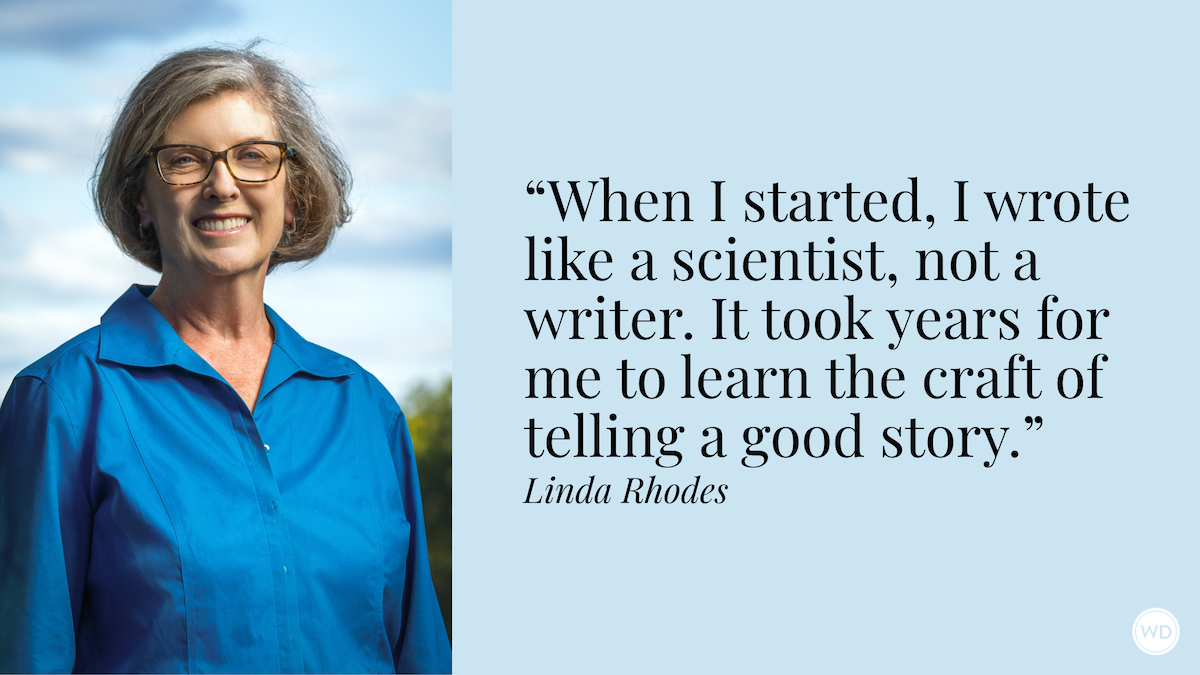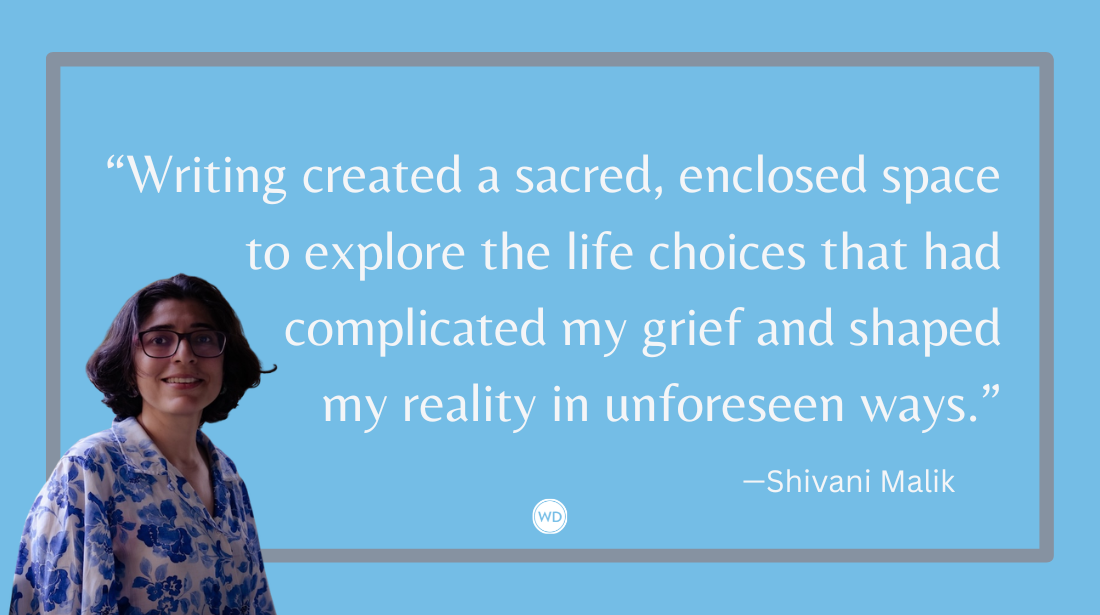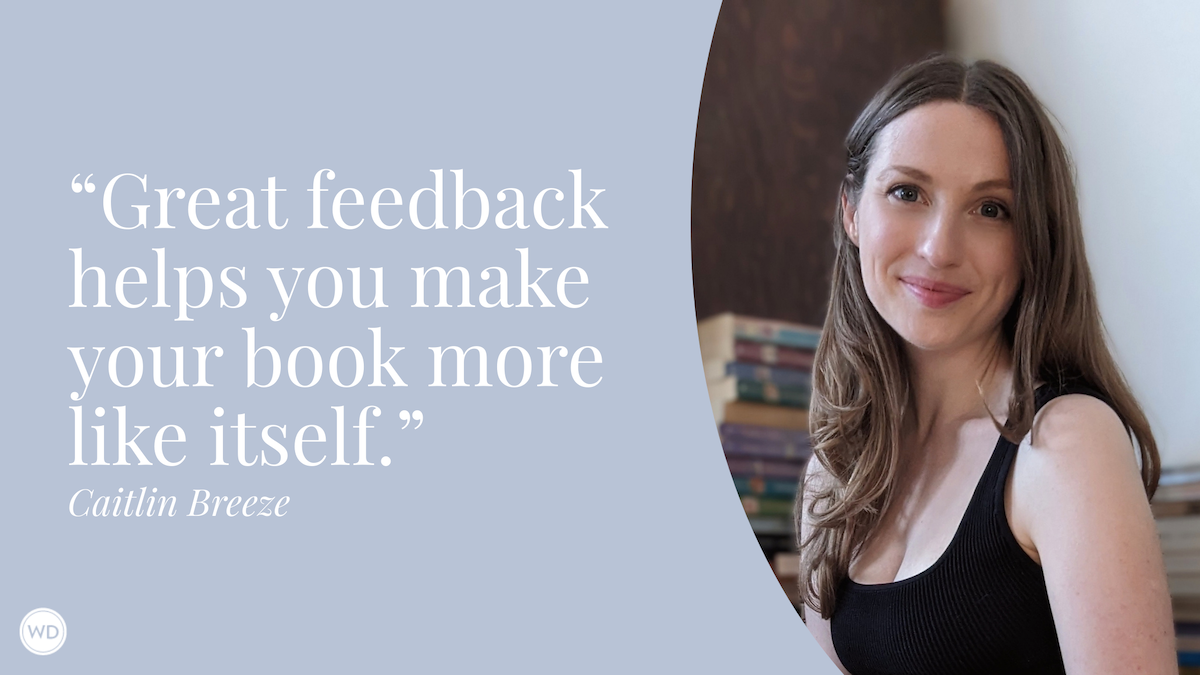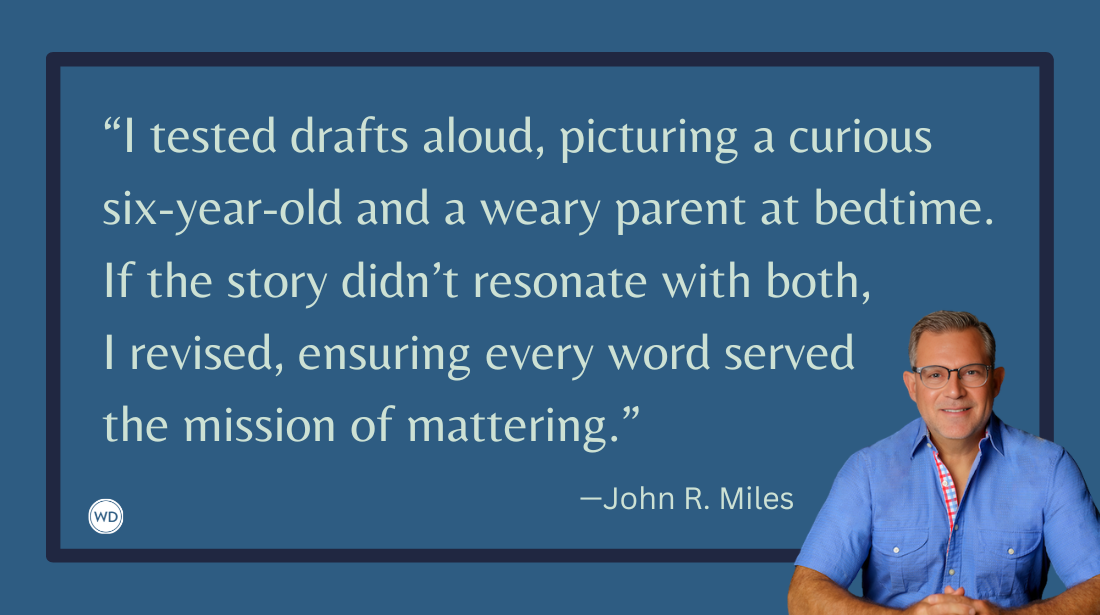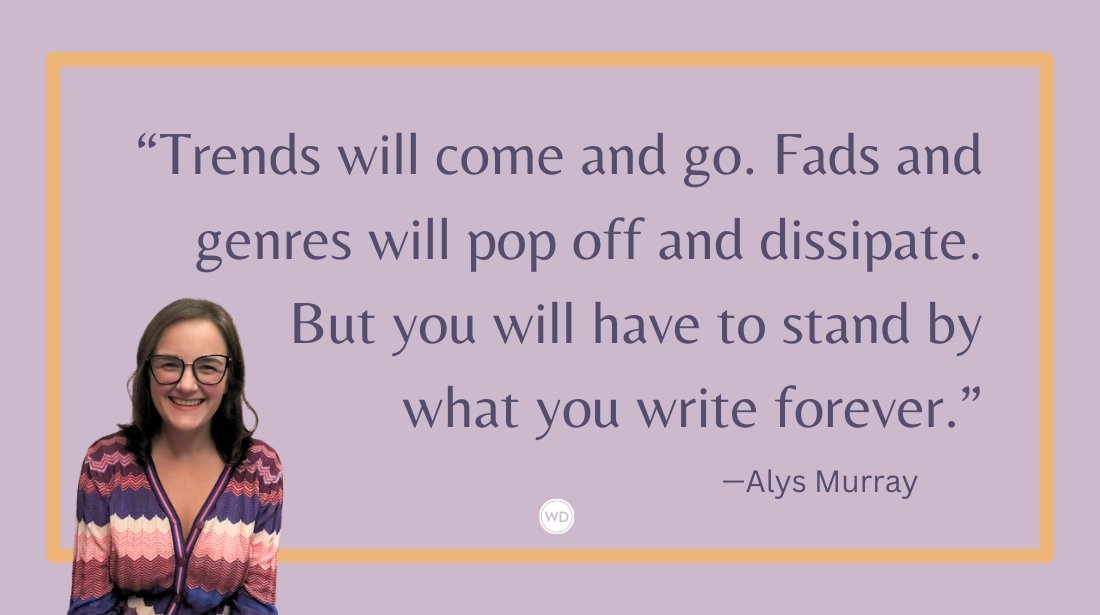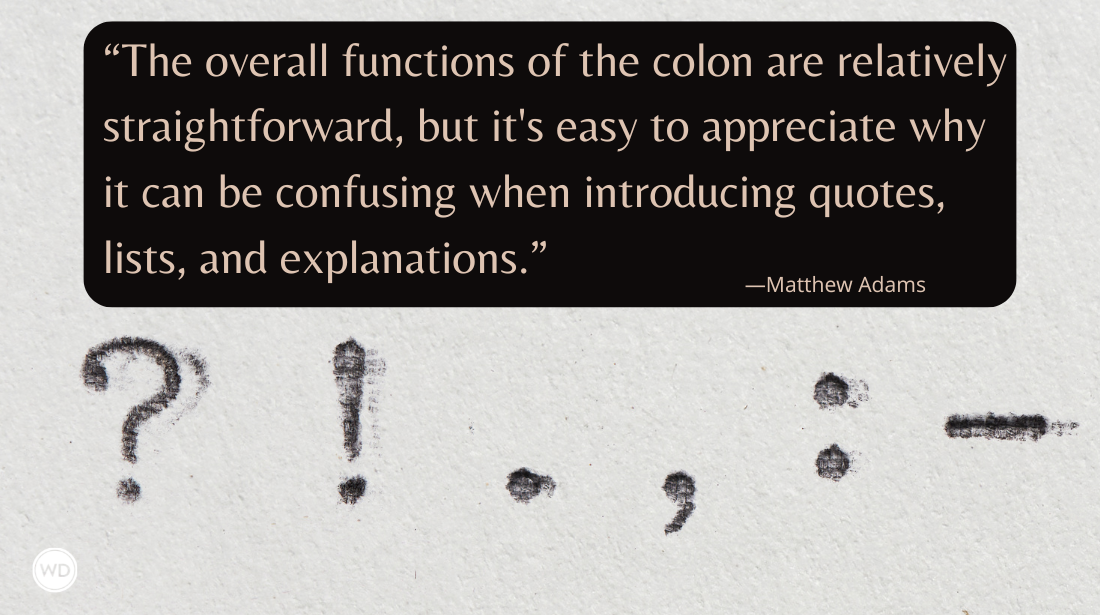What Is a Professional Editor and Why Should Writers Use One?
Editor is a very broad term in the publishing industry that can mean a variety of things. Tiffany Yates Martin reveals what a professional editor is and why writers should consider using one.
Back in the glamour days of publishing, becoming an author meant being anointed by one of Manhattan’s handful of venerable old houses, where you’d sit down with rolled sleeves for deep-dive one-on-one sessions with your book editor (preferably Max Perkins) to painstakingly polish the story into shape.
Publishing has changed radically since then, as the “Big Six” contracted to the current four even as small-press and indie publishing exploded, and authors have more options than ever for publishing their work.
But even when writers sign with a publisher, these days they’re rarely treated to the kind of intensive editorial collaboration they may have imagined. And if indie publishing, they will receive none at all unless they hire editors directly.
These seismic shifts in the industry have created a confusing proliferation of professionals-for-hire under the umbrella description of “editor.”
But what exactly is a professional editor—and do you need an editor for your book?
What an Editor Isn’t
Defining what a professional editor is partly starts with clarifying what she is not:
- a writing coach, who helps authors develop their skill and craft
- a book coach, who helps authors through the process of creating their first draft, offering assistance with motivation, productivity, and sometimes story development and troubleshooting
- a ghostwriter, who writes the actual manuscript based on the author’s story, with varying degrees of collaboration
- a critique partner/group or beta reader, who offer feedback on the author’s work, either in progress or with a finished draft.
While some of the above roles may encompass some degree of editorial input, none of them are what an editor is and does.
*****
Are you ready to take the next step toward a final draft of your novel? This course is for you! Join Mark Spencer in an intensive 16-week coaching session focused entirely on your novel in progress. You'll work with Mark on your choice of up to 60,000 words of your novel or two drafts of up to 30,000 words each. You'll also have the opportunity to speak to Mark directly about your work during two one-on-one phone calls or Zoom sessions.
*****
So What Is an Editor?
“Editor” is a very broad term in the publishing industry, encompassing everything from the people at a traditional publisher who buy your manuscript (acquisitions, executive, or senior editor), offer feedback on the story (maybe the same person, or maybe a separate developmental editor, assistant editor, or associate editor), shepherd it through production (managing or production editor), and check it for errors (copyeditor and also proofreader).
If indie publishing or querying agents, you might also hire an editor directly, which could be a developmental/substantive editor, a line editor, or a copyeditor or proofreader.
Each of these titles denotes a different process—and skills—but what they all have in common is that a professional editor works on your completed manuscript.
Do I Need a Professional Editor?
Editors are useful to authors because it’s almost impossible to be objective about one’s own work. As the creator, writers may be “filling in the blanks” of what’s actually on the page versus the vision in their head, and when you’re deep in the forest of your story it’s hard to see the path through it.
No matter how eagle-eyed we may be, it’s easy to see on the page what we intended to say, rather than what we’ve actually said. Even editors need editors.
But hiring a professional editor can be expensive—often easily four figures.
Your financial situation doesn’t have to be a barrier to entry to a writing career, though—and shouldn’t be.
Let’s say you want to renovate your kitchen, by way of example. Hiring an expert contractor will make the project much easier and smoother: Someone who has overseen the renovation of countless previous kitchens, who knows what’s likely to go wrong and how to prevent it, or how to fix it if it does. Someone who has years of experience in the business and knows which tradespeople will ensure the best work, what permits may be needed, what ordinances might govern what you can and can’t do.
But good, knowledgeable contractors are expensive. If you’re renovating on a budget, you could save money by taking on this role yourself.
It may be much harder and take longer. You may have much more trial and error in getting the job done right. And there may be a steep learning curve in mastering all the many moving parts of a major renovation well enough to ensure quality work that’s built to code, functions properly, and will last.
But you can do it, just as it’s possible to create a polished, marketable manuscript without hiring an editor, especially if you have the help of good sources of objective feedback, like crit partners and beta readers. (Future posts in this series will offer tips for getting usable feedback and how to incorporate.)
Good professional editors offer authors a wonderful advantage, though. Like expert contractors, experienced editors know the publishing business and current market. They are experts in genre expectations, have extensive knowledge of craft, and have seen dozens, hundreds, sometimes thousands of manuscripts before yours that have honed their ability to spot what may be keeping your story from being as effective as it could be. And they can offer specific, practical suggestions for addressing those areas.
Reputable, competent editors will save authors immense amounts of time and agony in deepening, developing, and polishing their stories, and can often give authors a leg up in attracting the attention of agents and editors, and make their stories more salable.
In upcoming posts in, we’ll explore the most common types of edit and the differences among them; how to determine which you might need and when; how to find good, reputable editors and what to look for in choosing one; and what it should cost and what it should look like.
*****
2nd Draft provides a high-level review of your writing, pointing out reasons your work may be getting rejected, or may not meet the standards of traditional publication. After an evaluation of your submission, one of the professional 2nd Draft critiquers will provide feedback and advice. You’ll not only learn what’s working in your writing, but what’s not, and—most important—how to fix it.
Tiffany Yates Martin has spent nearly 30 years as an editor in the publishing industry, working with major publishers and New York Times, Washington Post, Wall Street Journal, and USA Today bestselling and award-winning authors as well as indie and newer writers. She is the founder of FoxPrint Editorial and author of the bestseller Intuitive Editing: A Creative and Practical Guide to Revising Your Writing. Under the pen name Phoebe Fox, she's the author of six novels, including the upcoming The Way We Weren't (Berkley). Visit her at FoxPrintEditorial.com or PhoebeFoxAuthor.com.




